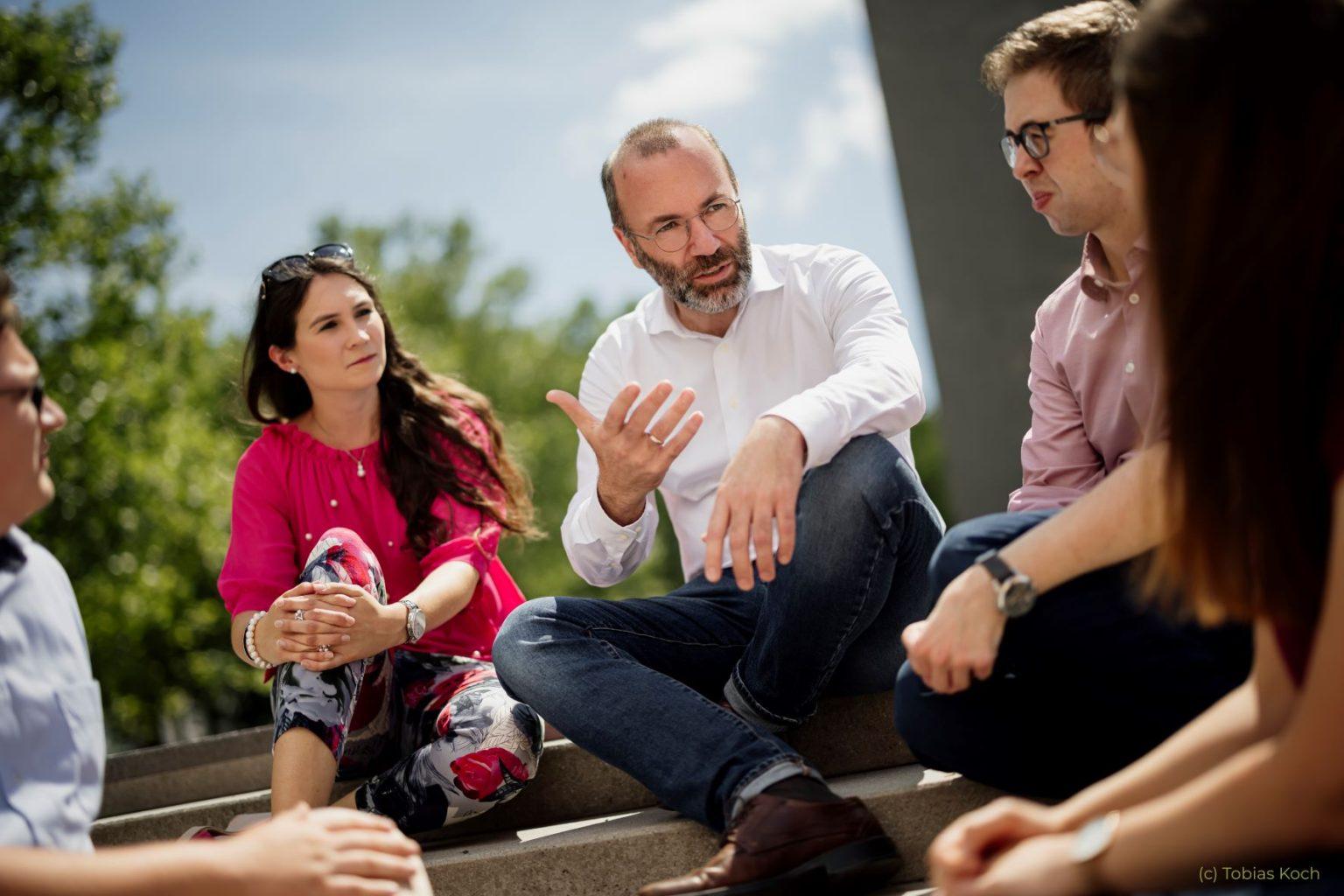Almost two years after they began their work, the members of the Conference on the Future of Europe (CoFoE) have submitted their conclusions.
I salute the work accomplished by the 800 citizens involved in this unprecedented exercise. They were able to formulate a set of more than 300 concrete proposals on a host of major issues. These proposals are based on a clear thread: the desire to see our collective sovereignty strengthened in the face of an increasingly dangerous and unstable global environment.
Giving substance to their hopes is a challenge, already to thwart the prognosis that the CoFoE launched by President Emmanuel Macron was largely a gimmick to serve his re-election as President of France. On 9 May, we expect more than symbolic gestures. Emmanuel Macron will have to announce concrete commitments for reform when he speaks before the European Parliament in Strasbourg.
I congratulate him, of course, on his victory. But I can only note that it was won, once again, against a far-right that he failed to reduce during his first term. And his obsession with wiping out the “old” traditional parties has even reinforced a dangerous polarisation.
This polarisation, especially during election campaigns, is necessary to understand the differences between the parties. But when it becomes a method of government, leaving no room for compromise, it becomes harmful. It paralyses us, and constrains us in the face of the great challenges posed by Russia, China or the COVID-19 pandemic.
The atmosphere of constant dialogue that reigned during the Conference on the Future of Europe must inspire us. As an member of European Parliament, I try to listen to my constituents at the local level as much as possible.
Furthermore, I am happy to have heard, during the CoFoE sessions, the statements full of hope and desire from so many young people. Defending an ideal, debating, daring to carry their project, they embody this European youth which is the future of our Union. The elections are the real moment when the citizens have the power in their hands, and we must strengthen this process.
And I am proud to have seen so many different sentiments sitting around the same table and producing a coherent and practical body of solutions: it is not polarisation that will make us stronger, but unity and compromise.
So, today the question arises. What should we do with this work? It is clear, let’s be honest, that there is much room for improvement in Europe and the need for reform.
There are many challenges to the functioning of the EU. We need to think bigger. We need to act more quickly. We need to transform this Europe that has become a bit unclear for many. In this sense, I call on the Heads of State and Government to seize this ready-made guide, this summary of good ideas produced directly by the citizens. We must listen to them and act accordingly!
We need dialogue between peoples and positions. This is the only way forward and this is the whole purpose of the Conference on the Future of Europe. Finally, whatever the fate of the proposals made, I can say that at least, within my EPP Group in the European Parliament, we will ensure that the voices of the citizens are heard.


